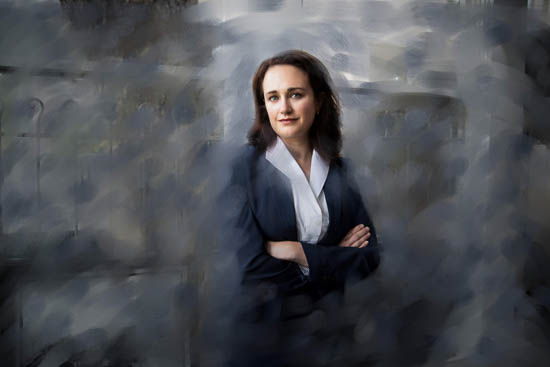Photography Basics for Beginners
Wiki Article

Introduction to Photography for Starters
Photography is a way to preserve memory and tell stories.
Knowing Your Equipment
You can’t create with a tool you don’t understand.
Whether you shoot with a compact point-and-shoot, the rules of exposure remain the same.
Spend time experimenting with different settings. Comfort with the device frees you to be creative.
Light Is Everything
Good lighting separates average photos from great ones.
Cloudy daylight adds natural beauty.
Artificial sources help indoors.
Direction of light change how skin looks.
Building Strong Images
The way you place subjects matters as much as the subject itself.
Negative space make shots engaging.
Shoot through reflections. Unique framing make images memorable.
The Role of Repetition
Photography takes time and practice.
Try new techniques often. Repetition builds instinct.
Blurry shots teach faster than success.
Improving Photos After Shooting
Editing is where style emerges.
Tools like Lightroom, Photoshop, GIMP, or mobile apps adjust exposure.
Editing should enhance, not distort.
Getting Feedback
Images gain power when seen.
Photo forums provide encouragement.
Starting a blog shows dedication.
Developing Your Voice
Style is your visual fingerprint.
Switch between color and black-and-white. Each teaches something.
Your style isn’t fixed forever, and that is natural.
Things to Avoid
Shooting everything centered can be fixed easily.
Buying too much gear instead of learning skills creates frustration.
Awareness turns errors into improvement.
Quick Pointers
- Carry an extra memory card.
get more info - RAW files allow more editing flexibility.
- Smudges ruin sharpness.
- Experiment with manual focus.
- Learn by observing composition and light.
Beginner Q&A
Q: Do I need an expensive camera?
A: Any camera can take great photos with the right technique.
Q: How long until I improve?
A: Improvement depends on practice.
Q: Is editing cheating?
A: No, editing is part of keep reading modern photography.
Q: Should I always follow rules?
A: Balance structure with experimentation.
Closing Words
Every photo is a step forward.
Stay curious. With creativity and consistency, you’ll grow as an artist.
Whether as a hobby or a profession, progress comes with practice..
What Photographers Actually Do
Photographers capture life.
Amateurs look at the world differently.
Photographers specialize in unique areas, such as wildlife. Each uses varied equipment.
True professionals learn both technical and artistic aspects.
Essential Equipment
Skill outweighs equipment, but good gear helps.
Cameras
Compact point-and-shoots offer flexibility at various levels.
DSLRs provide interchangeable lenses, optical viewfinders, and durability.
Lenses
Lenses control perspective and depth.
- Prime lenses give sharpness and low-light ability.
Experimenting with focal lengths teaches photographers versatility.
Tripods and Stability
A steady shot improves sharpness.
Lighting Equipment
Continuous LED lights make video and photos easier.
Extra Items in a Camera Bag
- Cleaning kits keep equipment safe and working well.
- Backpacks help photographers stay mobile and organized.
- Drones let you try new perspectives.
Do Photographers Need Expensive Gear?
Many beginners believe expensive gear is required.
A professional with basic equipment can outperform a beginner with expensive gear.
Steps Toward Mastery
Studying others’ work helps build vision.
Asking for critiques keep learning fresh.
Technology and Photographers
Photography is evolving fast.
Mirrorless dominance expand what photographers can do.
Still, the essence remains: capturing linkkedin headshots light, telling stories, and expressing ideas.
Final Thoughts
Photographers and their gear are inseparable.
Whether you are just beginning or a seasoned pro, the journey of photography is endless.